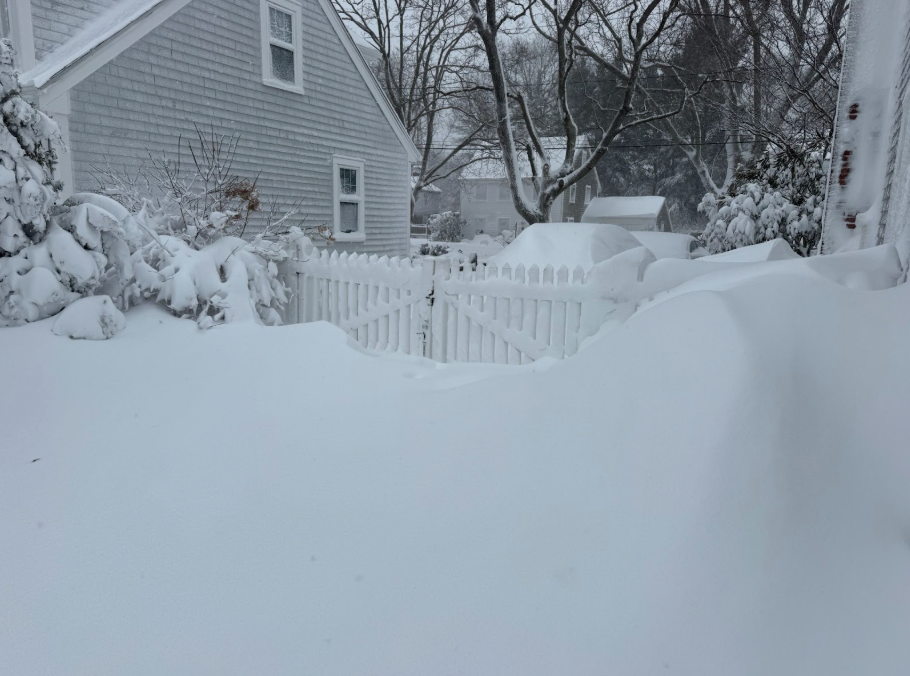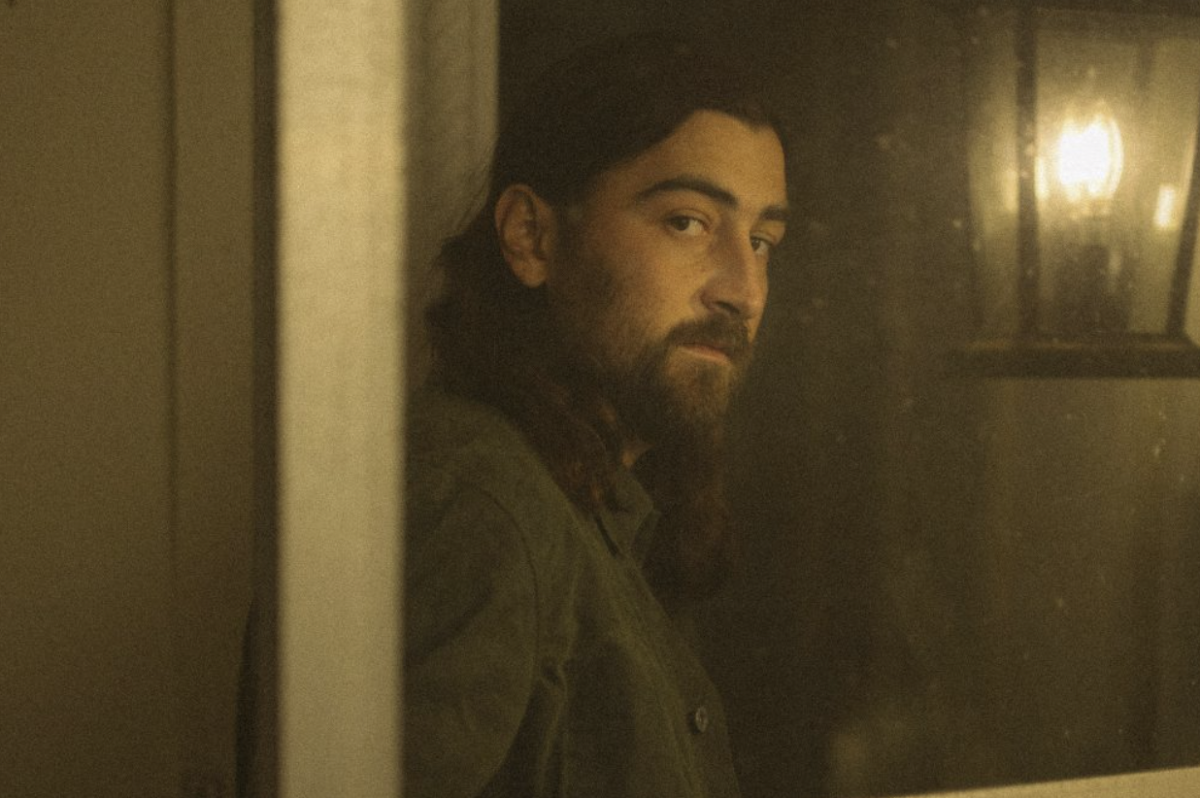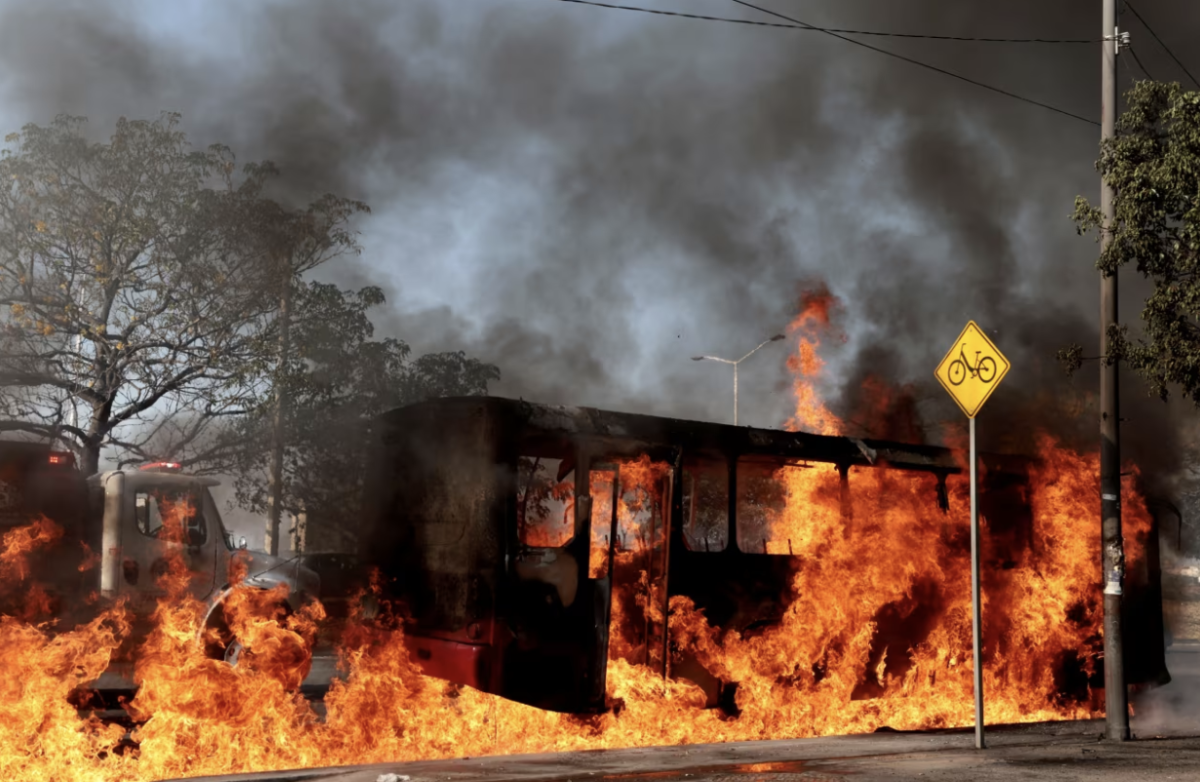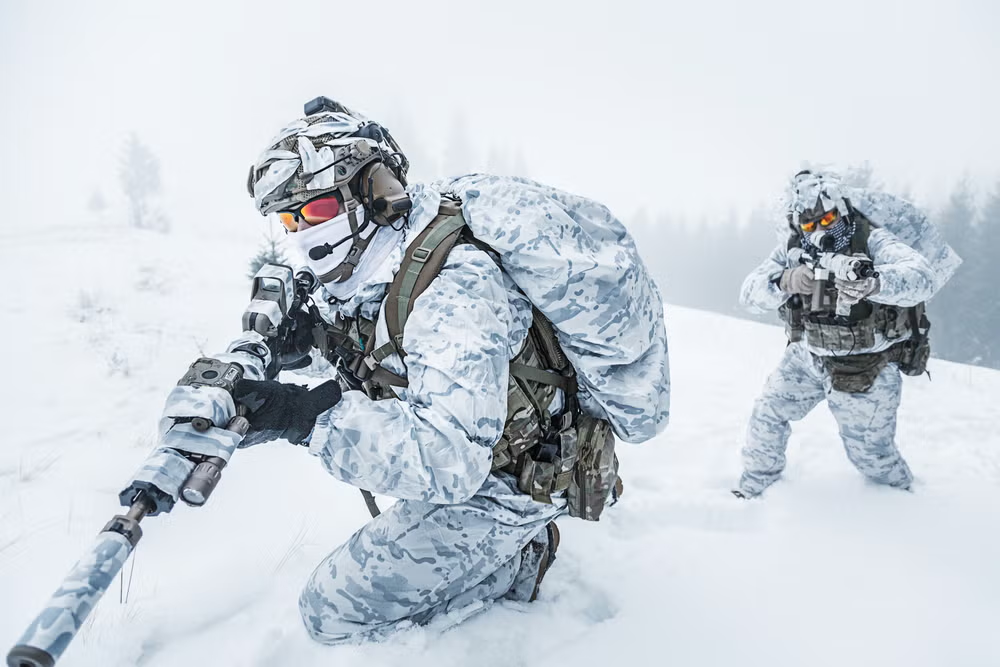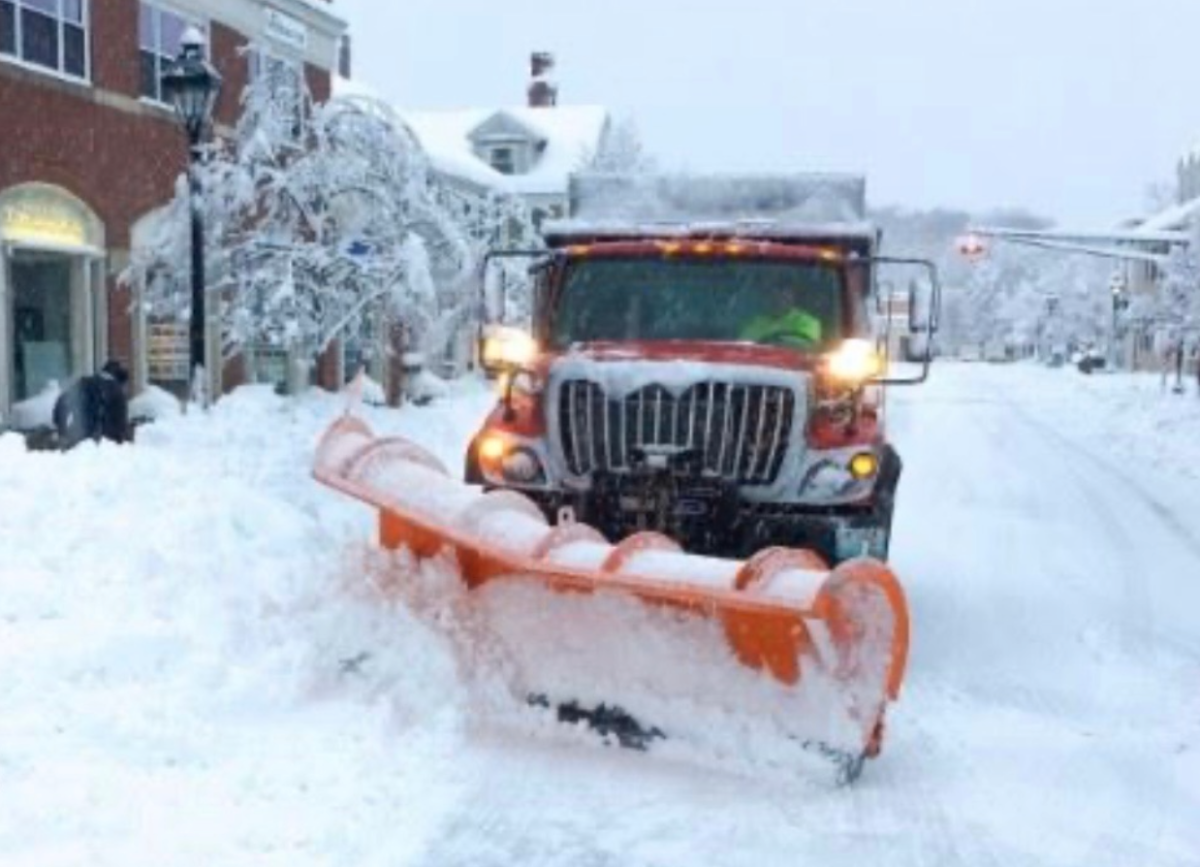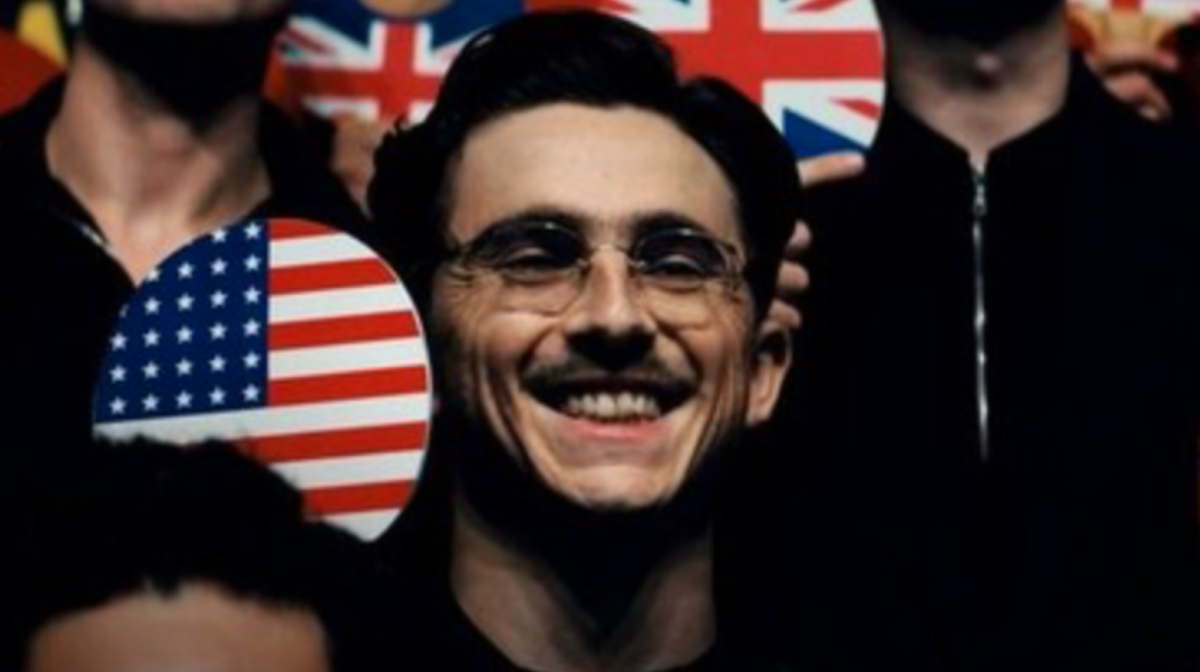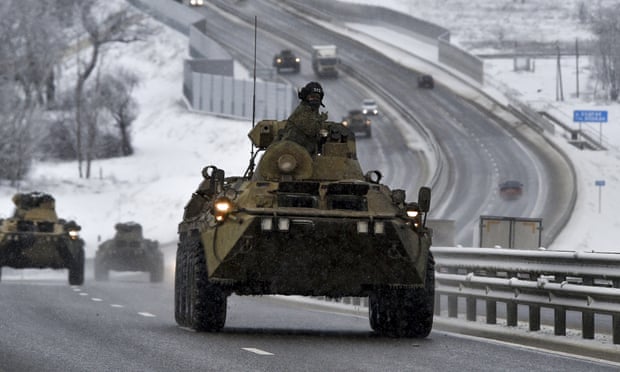Brewing Conflict Between Russia and Ukraine
Russian troops stationed along their shared border with Ukraine.
February 1, 2022
The neighboring countries of Russia and Ukraine have a mutual history dating back hundreds of years. Because of their shared ancestry, proximity, and Ukraine’s abundance of natural gas that the Russian government relies on, the two countries have been inseparable, and many Russians even refer to Ukraine as their “little brother.” But what happens when the two countries do not see eye to eye?
Ukraine was a part of the Soviet Union until it collapsed in 1991. Ukraine’s main goal in gaining independence from the USSR was to form ties with the west. However, Russians are not pleased with Ukraine’s yearning for western allies. Russians particularly dread Ukraine joining NATO (a European military alliance) because the connection would give westerners too much power in their region and threaten the Russian sphere of influence altogether. Russia sent a list of demands to the US in December, essentially banning Ukraine from joining NATO. Despite their mother country’s apprehension, Ukraine’s desire to join forces with the west has not been lessened. As included by junior Bridget Foley, “I don’t understand why they can’t just come to an agreement.” Many students at HHS feel the same and believe combat should be avoided, however, Russians have begun accusing NATO of supplying weaponry to Ukraine, furthering the tension and possibility of violence.
Although the Russian armed forces say they have no plan to invade, president Vladimir Putin also stated that he will take appropriate action if met with aggression. Consequently, an abundance of Russian troops stands dormant along their shared border with Ukraine. HHS students’ apprehension about this impending war is emphasized by junior Sherry Sze, “If a war breaks out that will be scary. The economy will inflate.” Many Americans are concerned about the security of the country’s economy, given its current state, if a large conflict were to emerge. Although President Biden made it clear he does not plan to get directly involved, he also included that if any NATO lands are threatened, there are American troops stationed in eastern Europe in preparation. Given the possibility of conflict, Americans want to be prepared, but also do not want to trigger a response in Russia. If too many American troops are sent to eastern Europe, it could be viewed as a threat, making the situation more difficult, as there is a fine line between being underprepared and igniting unwanted conflict.

